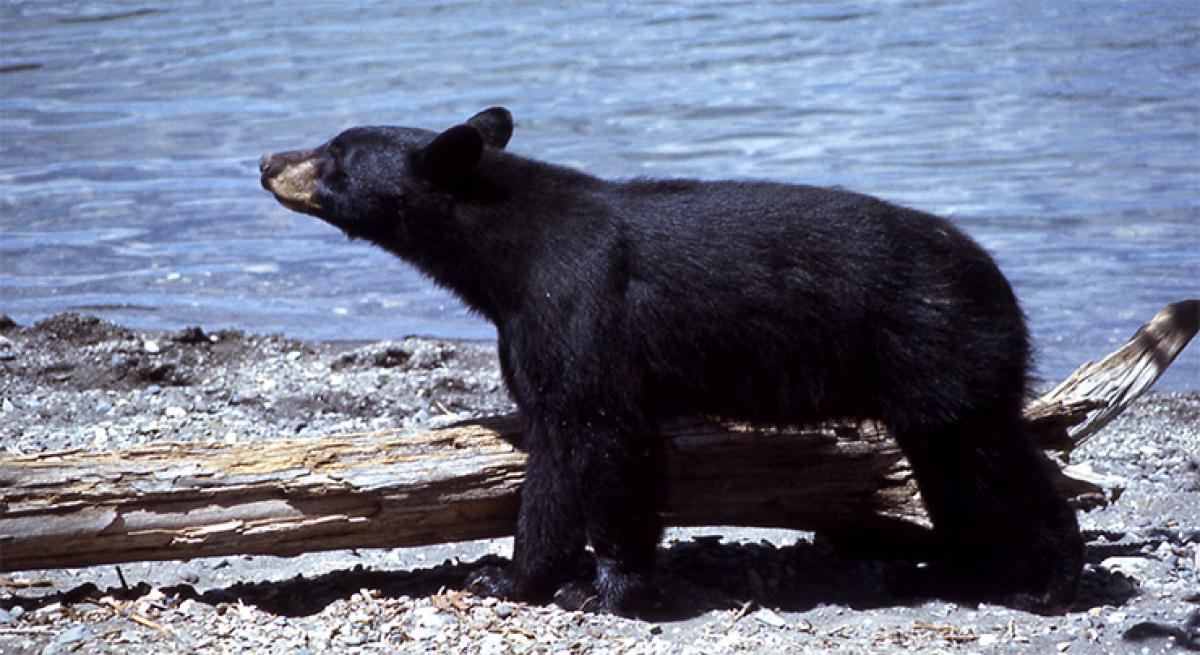Take a tip from hibernating bears to protect astronauts bones

Black bears hold the key to better bone health in astronauts, who have to undergo long periods of inactivity in space and for those on soon-to-be-launched deeper space missions, says a recent study. Black bears routinely hibernate for six months without stirring. Although, it can take several weeks for them to regain their full metabolic vigour, their bones seem largely unaffected by the lengthy period of inactivity.
New York: Black bears hold the key to better bone health in astronauts, who have to undergo long periods of inactivity in space and for those on soon-to-be-launched deeper space missions, says a recent study. Black bears routinely hibernate for six months without stirring. Although, it can take several weeks for them to regain their full metabolic vigour, their bones seem largely unaffected by the lengthy period of inactivity.
A research team from Colorado State University discovered that instead of continually rebuilding the bone; hibernating bears suppress resorption of bone tissue to maintain their skeleton. The team captured 13 female bears over four hibernation seasons and collected blood and bone samples from the animals before releasing them back into the wild the following spring.
Carefully analysing the blood samples, the team found that the blood enzyme levels fell in the hibernating bears, suggesting that the hibernating animals were suppressing bone remodelling. When the team analysed the levels of bone-regenerating osteoblast cells at the surface of the bone, they found that these plummeted from two percent before hibernation to 0.15 per cent during hibernation.
However, the levels of enzymes known to reduce bone resorption increased 15-fold during hibernation.The team also found that the bears' blood calcium levels varied little from season to season, suggesting that the animals balance bone resorption and formation during hibernation to maintain stable blood calcium levels.
















